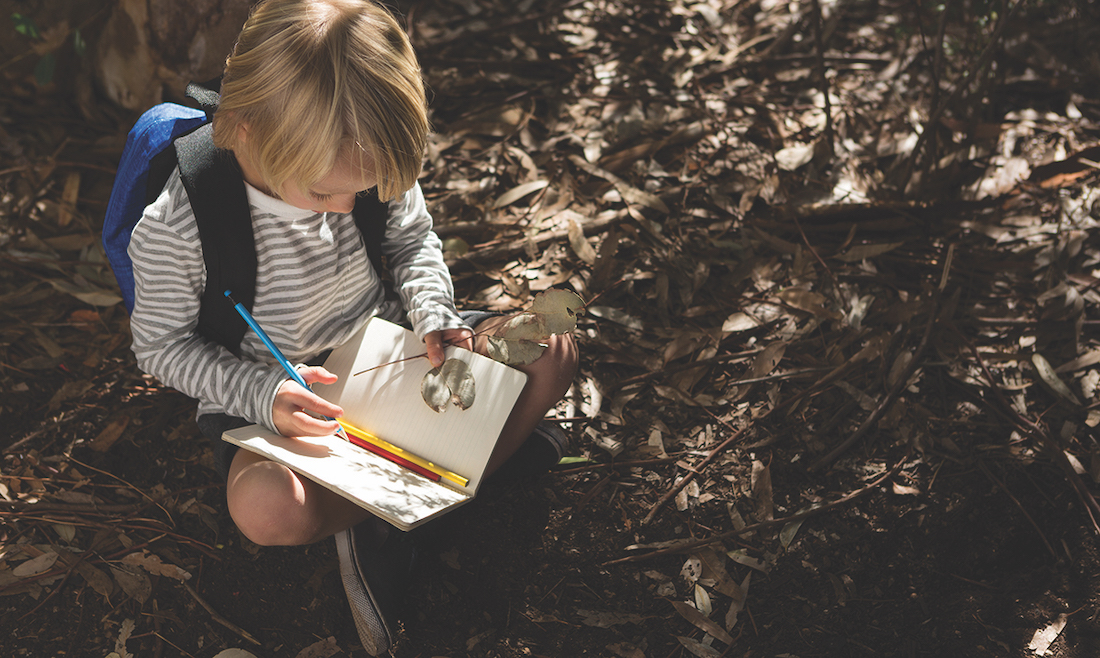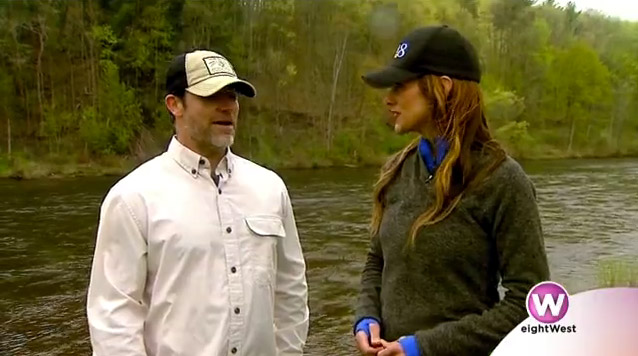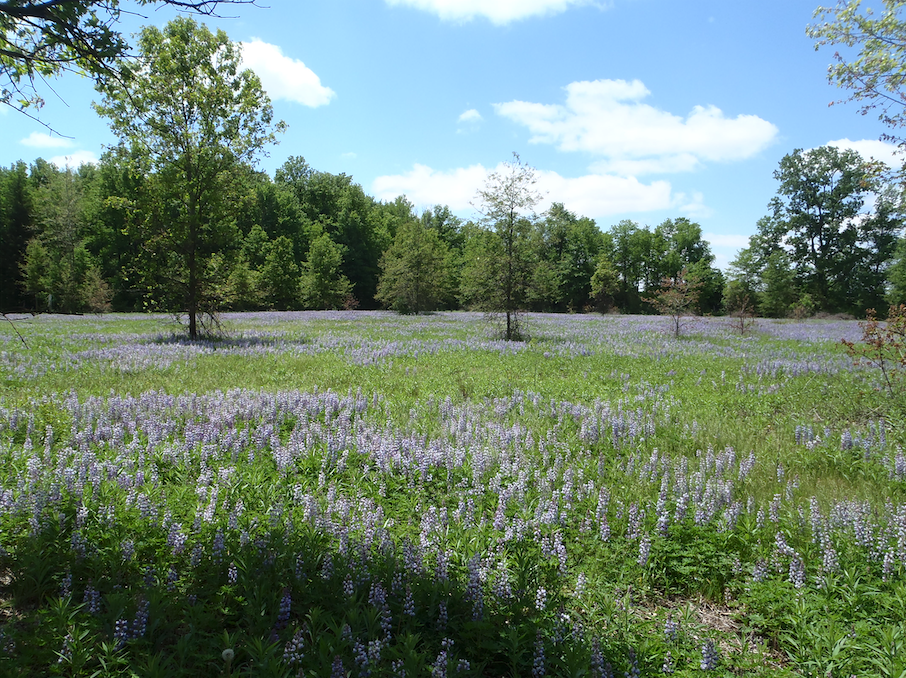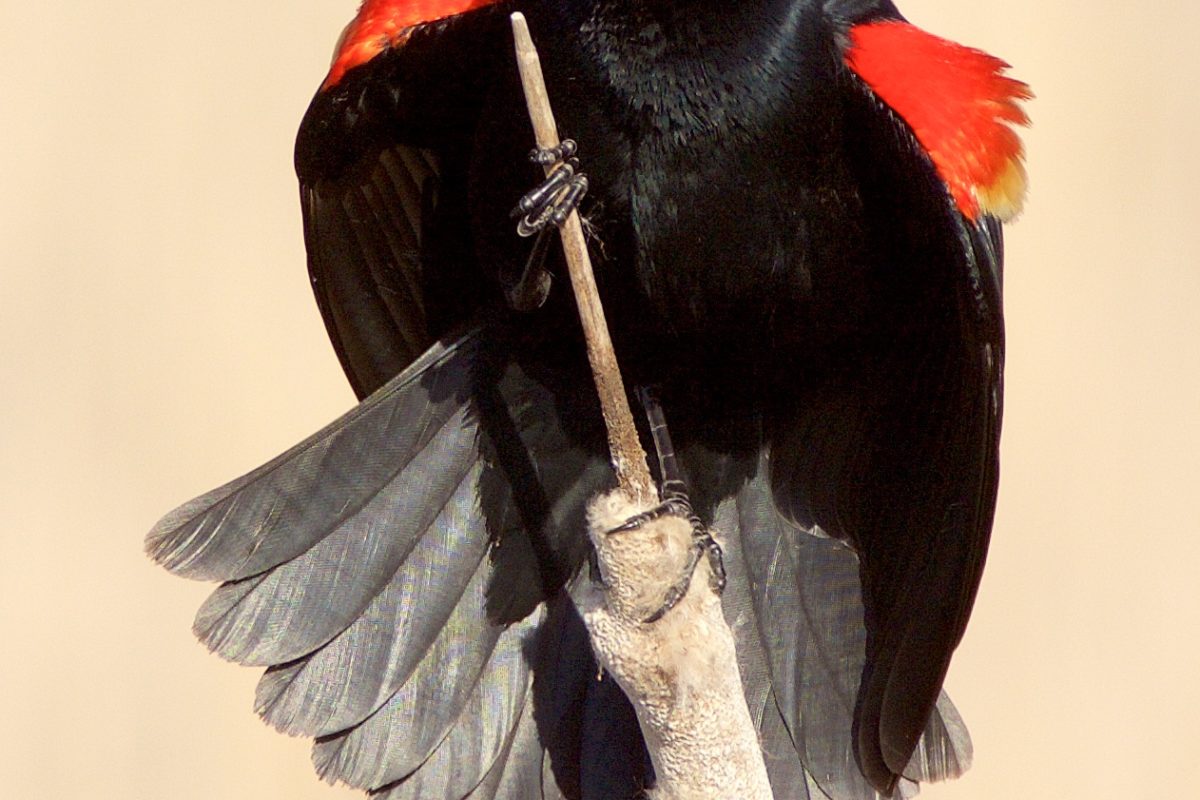By Lacey Slay (originally published in Metro Parent's October edition)
For my family, time spent outside has become more intentional and planned than it was just six months ago. As a result of the pandemic, virtual activities mean ever-expanding screen time, making opportunities to go outdoors more precious, yet even more worthy of our time. I know my family has been feeling the call of the wild a little more than usual.
In this new – and hopefully temporary – normal, one thing we lean on to make the most of family time outside is the Nature at Home website from the Michigan Department of Natural Resources (DNR). The site was designed to help families get more out of outdoor explorations.
“In March 2020, the DNR experienced intense interest from parents to provide activities that would make screen time more meaningful and encourage more time in the yard, at parks or other natural settings,” explains Kevin Frailey, education services manager with the Michigan DNR.
“Our video content began during Earth Week in April and the reception was so fantastic that we decided to produce content and create both a repository of activities for parents interested in getting their children outdoors and videos aimed at bringing nature indoors.”
The DNR’s educational staff worked with partner organizations to design a webpage to make nature more accessible. In fact, this model is so innovative and replicable that it’s now being referenced by nature centers and departments across the country, says Frailey.
The Nature at Home site is a treasure trove of resources, activities and ideas for parents to supercharge their kids’ natural curiosities about nature.
I tested it out with my own toddler and elementary school-aged nephews. We started by watching some of the curated 10-minute videos from the team of DNR educators who staff the department’s amazing nature centers and have expertise in a range of subjects. Interested in fish? How about birds, trees, beavers or rocks? Whatever you can think of that’s native to Michigan – there’s a video for that.
The Nature in Our Neighborhood video about birds was especially interesting to my nephews, who recognized species they saw in their community and local parks. They were really excited to put names and interesting bits of information, like nesting habits, to birds they saw almost daily. They learned new concepts and vocabulary.
The very next day, we used one of the linked scavenger hunts from the site to really lock in that information. We also upped the ante with a friendly competition to see who could find the items on the list the fastest.
One of the best parts about Nature at Home is its accessibility. It was designed with parents and kids in mind, so it’s light on pedagogy and heavy on fun. The activities are engaging and are scaffolded to suit different age groups. In addition to scavenger hunts, there are printable worksheets, virtual field trips, reading lists and interactive science projects, all aimed at promoting a connection with nature and an appreciation of conservation.
Launched alongside Nature at Home is a curriculum-based resource specifically for teachers. This module provides live supplemental instruction from the DNR’s educators that is aligned with science standards and STEM guidelines. It is completely free, and teachers can register right now.
Through our online and outdoor explorations, we began to grasp the bigger picture that Michigan wildlife needs to be managed in order for it to thrive. Through the sale of hunting and fishing licenses, not state taxes, $61 million goes directly toward Michigan’s wildlife conservation and management annually to ensure endangered species and their habitats are protected.
“We are always thrilled when our youngest Michiganders, no matter where they live, can develop an appreciation for Michigan’s outdoors,” says Nick Buggia, chair of the Michigan Wildlife Council. “We love seeing families dig into outdoor activities, or kids who recognize that they are future conservationists. The more we all know about conservation, the better stewards for Michigan we become.”



